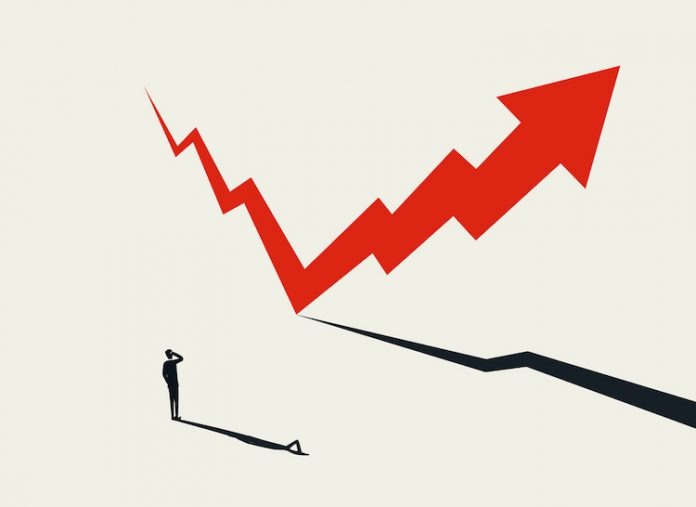LOS ANGELES – After facing the lowest occupancy levels since the 1930s and the greatest declines in revenues and profits ever experienced in the second quarter, the U.S. hotel industry is poised to begin a multiyear recovery in Q3 2020, according to the latest projection from CBRE Hotels Research.
According to Kalibri Labs, the number of room nights occupied in U.S. hotels during the second quarter was 60 percent less than a year earlier. With such a dramatic decline in demand, the national occupancy level for the quarter was just 28.3 percent. It is estimated that 15 percent of U.S. hotels were forced to close for some portion of the three-month period.
“Fortunately for U.S. hoteliers, indicators of market recovery began to emerge during the quarter. After bottoming out in April, lodging demand increased 83 percent in May and June,” said Jamie Lane, senior director of CBRE Hotels Research. “This mini-surge in demand was fueled by leisure travelers looking to escape the bonds of home quarantine for safe and healthy rural and resort destinations.”
Beyond last quarter’s nadir, CBRE Hotels Research is forecasting continued improvement in U.S. lodging performance through the remainder of the year and beyond. According to the Q2 2020 edition of Hotel Horizons, U.S. hotel occupancy should average 39.8 percent, along with an average daily rate (ADR) of $104.10 for 2020. The net result is an annual RevPAR level of $41.46, which is 52.5 percent less than the $87.22 RevPAR posted for 2019.
“U.S. lodging demand is forecast to increase by a compound annual growth rate of 14.1 percent over the next four years, recovering to 2019 levels by Q3 2023,” said Lane.
Recovery patterns vary by chain-scale. Occupied room nights for hotels in the upper-midscale segment are projected to return to 2019 levels in 2022, while luxury and upper-upscale demand will lag until 2024.
“Economic, social, and operational factors influence demand recovery,” said Bram Gallagher, senior economist with CBRE Hotels Research. “In the past quarter, we observed geographically staggered rates of infection throughout the U.S. Therefore, CBRE forecasts an economic cycle shallower than initially anticipated, followed by a longer recovery. In turn, this has extended our forecast of recovery in lodging demand to 2023 from 2022.”
Starting this quarter, CBRE entered into an agreement with Kalibri Labs to provide historical lodging performance data to underpin its Hotel Horizons econometric forecasting model. As of June, Kalibri Labs collects daily transactional booking data from approximately 34,500 hotels offering more than 3 million guestrooms across the United States. With this partnership, CBRE gains insights into how guests book their hotel rooms, the lead time for making their reservation, the length of time they stayed in the hotel, and the costs associated with all bookings. The Kalibri Labs data set also enables CBRE to more clearly demonstrate the disparities by market that are critical in a post-COVID world.
“The Kalibri Labs data has been extremely useful in 2020 as we attempt to understand the real impact of the COVID-19 virus on travel patterns. For example, the global distribution system (GDS) and group booking channel information lets us make assumptions regarding the pace of recovery for markets and segments that are dependent on corporate and group demand,” Lane said.
Cindy Estis Green, CEO of Kalibri Labs, said, “Even before COVID, the operating environment had become more complex and more expensive as the booking process has moved online and the data is now available to illustrate the segments and channels that comprise demand along with their costs. Key market drivers can be clearly defined and as a result, CBRE’s important projections for the future can be considerably more refined and accurate.”












I consider the CBRE report is as a Gold Standard in hospitality industries.
There is no way to know occupancy trends in the next quarter (never mind 2023) because we have no idea what the CoViD pandemic is going to do.